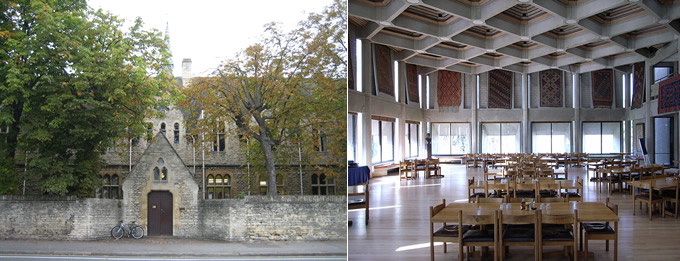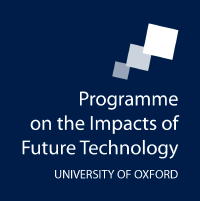PT-AI Conference, Oxford, 21 & 22 September 2013

This is the 2nd Conference on "Philosophy and Theory of Artificial Intelligence" (the first was in 2011, in Thessaloniki).
--- News: The selected and invited papers are published:
Müller, Vincent C. (ed.), (2016), Fundamental issues of artificial intelligence (Synthese Library, 377; Berlin: Springer). 570 pp.
41.000 downloads in year 1 - Citation and download stats at Springer
Videos of the keynote talks are online. ---
Organisation
Vincent C. Müller, University of Oxford (FHI) & Anatolia College/ACT
Invited Speakers
Jean-Christophe Baillie (CSO, Aldebaran Robotics, Paris)
"AI: The Point of View of Developmental Robotics"
Theodore Berger (University of Southern California, L.A.)
"Engineering Memories: A Cognitive Neural Prosthesis for Restoring and Enhancing Memory Function"
Selmer Bringsjord (Rensselaer Polytechnic Institute, Troy, NY)
"What Does Watson 2.0 Tell Us About the Philosophy & Theory of AI?"
Daniel C. Dennett (Tufts University, Boston)
"If brains are computers, what kind of computers are they?"
Luciano Floridi (University of Oxford)
"Enveloping the World - How Reality Is Becoming AI-Friendly"
Stuart J Russell (UC Berkeley)
"Rationality and Intelligence"
Murray Shanahan (Imperial College, London)
"Consciousness, Artificial Intelligence, and the Frame Problem"
Michael Wheeler (University of Stirling, Scotland)
"AI and Extended Cognition"
Location
St. Antony's College, Oxford (Nissan Lecture Theatre & Pavilion Room, Gateway Building), 62 Woodstock Road, Oxford, OX2 6JF, UK. On site accommodation in the College is available at registration.

Themes
We expect participants from all disciplines that are relevant for fundamental issues of present and future AI, especially cognitive science, computer science, neuroscience and philosophy. A broad framework is set by questions like: What are the necessary conditions for artificial intelligence (if any); what are sufficient ones? What do these questions relate to the conditions for intelligence in humans and other natural agents? What are the ethical and societal problems that artificial intelligence raises, or will raise? Some of the key issues will be:
- AI and cognitive science
- consciousness
- dynamical systems
- embedded, situated, distributed cognition, extended mind
- embodiment, enaction, morphology
- ethics of AI and robotics
- brain emulation and simulation
- goals, emotions, values, free will
- hybrid systems, cyborgs
- information
- intelligence and intelligence testing
- intentionality
- interactive systems
- learning and evolution
- multi-agent systems
- notions and forms of computing for AI
- perception
- probabilistic systems
- reasoning
- social impact of present and future AI
- super-intelligence
- ...
Proceedings
Papers from the conference will be published in a volume of proceedings early in 2014 - see guidelines.

